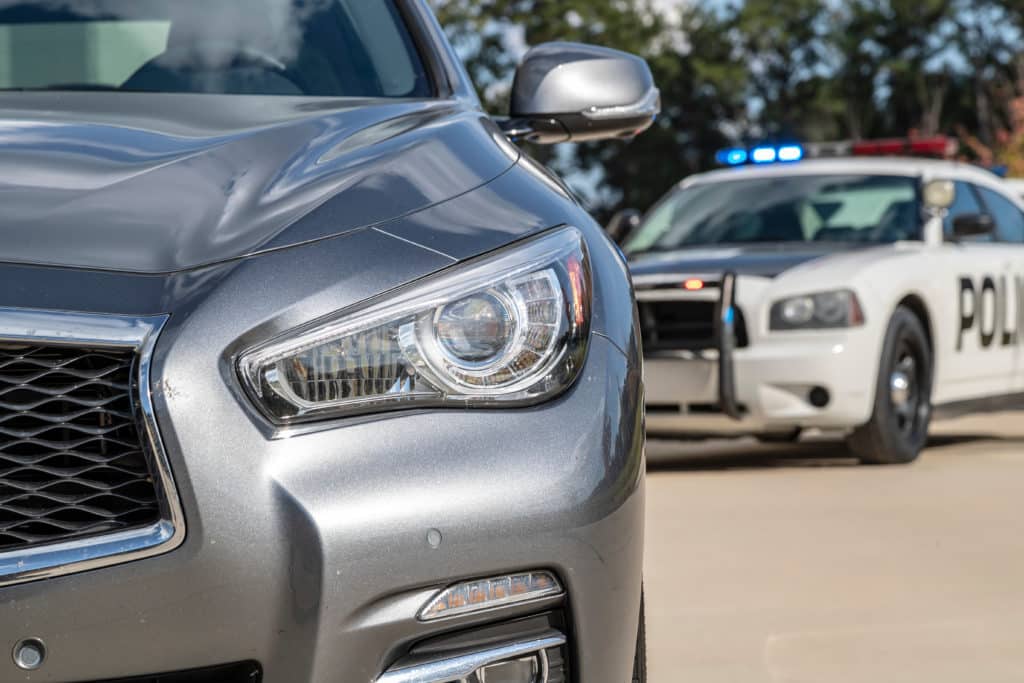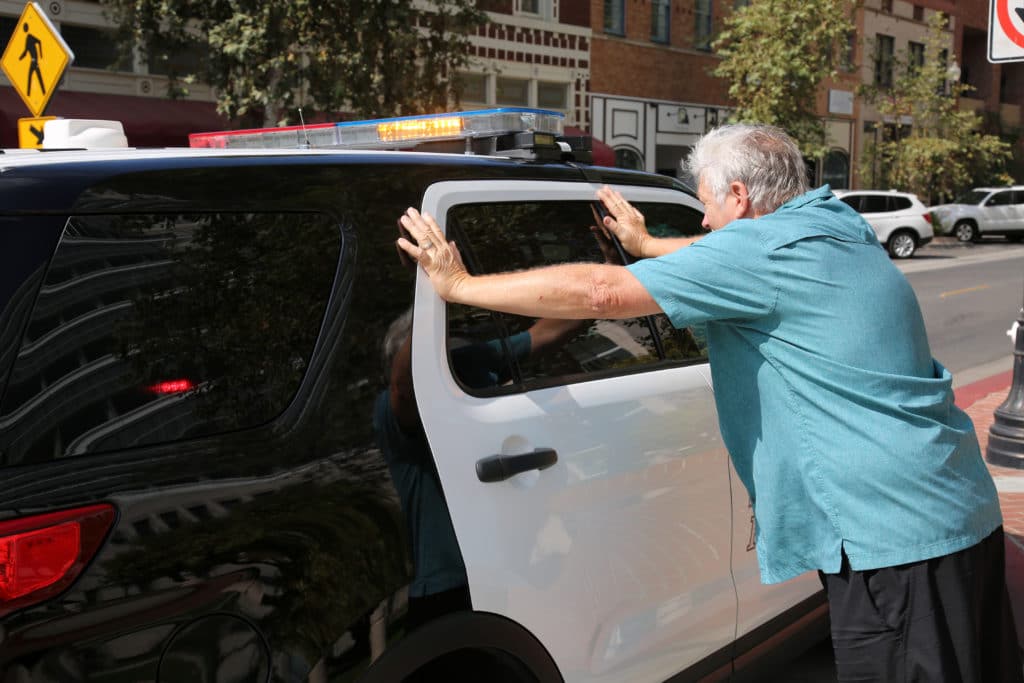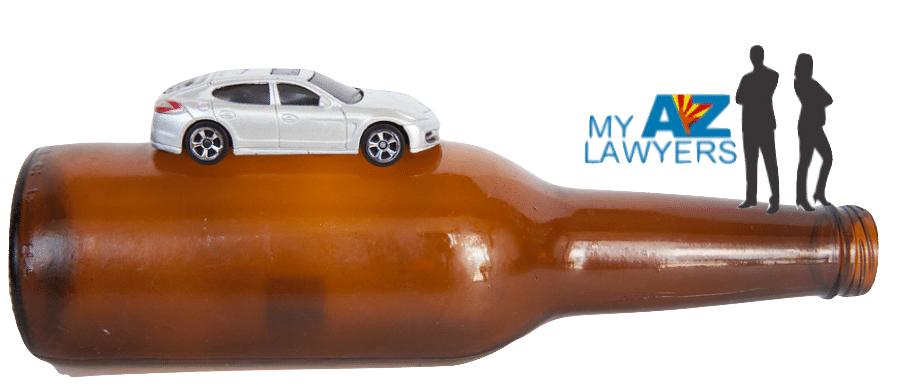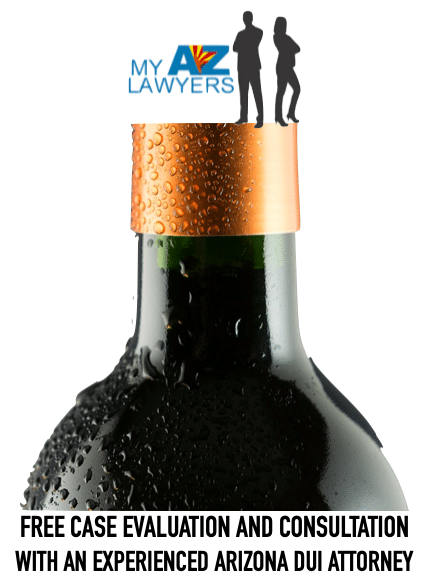
ARIZONA DUI LAW
After a few alcoholic beverages, many people feel falsely confident that they are sober enough to drive home. This creates unnecessary danger on the road, which is why Arizona has strict laws against drinking and driving. However, anyone arrested for DUI in Arizona is still entitled to zealous advocacy when it comes to their legal defense. For thorough and compassionate lawyers with the experience to render a favorable outcome in your case, call 480-448-9800.
What is the Legal Definition of a DUI?
DUI stands for driving under the influence, and is sometimes used interchangeably with DWI, or driving while intoxicated. DUI doesn’t just apply to alcohol- a person can be arrested for driving under the influence of any intoxicating substance in Arizona, including legal substances like marijuana and some prescription medications.
Many people assume the legal limit is .08, like in many other states. However, there are some intricacies to how the legal BAC (blood alcohol limit) limit works while driving in Arizona. A driver under 21 years old can be arrested for any trace amount of liquor in their system while driving. The legal limit for a CDL, or commercial driver’s license (while operating a commercial vehicle) is .04. In Arizona, you can also be arrested and charged with DUI- impaired to the slightest degree if you have a BAC between .04 and .079 and the officer perceives you to be too intoxicated to operate a vehicle.
ARIZONA DUI FREQUENTLY ASKED QUESTIONS

DUI CONVICTIONS IN ARIZONA
What Kind of Conviction is a DUI?
Most DUI convictions in Arizona are misdemeanors. Don’t let this fool you- a misdemeanor is still a serious conviction to have on your record. A misdemeanor can result in jail time, and in fact is mandatory for a DUI conviction. There are also certain circumstances that could elevate your arrest to felony DUI charges. Consulting with an attorney experienced in Arizona DUI law is crucial when facing a conviction. An attorney at our top rated law firm can provide you with legal options and advice for your specific case.
The factors that aggravate a DUI into a felony in Arizona are:
· Driving the wrong way down a freeway
· Having a passenger under 15
· 3rd DUI charge in 7 years
· Driving on a license that is suspended, revoked, or canceled
· Driving with ignition interlock device installed (or ordered to be installed)
How Does Plea Bargaining Work?
In some DUI cases, there are one or more strong defenses available that can get evidence excluded, which could lead to a case dismissal or a not guilty verdict. In other instances, the evidence in your defense may not be so convincing. Here, it may be advantageous for your defense lawyer to negotiate with prosecution for a plea deal.
In a plea bargain, you will plead guilty to a lesser charge. This usually involves lower penalties and certainty about them, and the possibility of avoiding jail time. Oftentimes, our lawyers will negotiate for our clients’ DUI charges to be reduced to reckless driving charges. While still a serious traffic offense, this conviction doesn’t come with mandatory jail time and is far less damaging to your record.
NOT GUILTY
What is the Difference Between a Dismissal and a Not Guilty Verdict?
Many of our clients come to us with the goal of a dismissal or a not guilty verdict. They will impact your life similarly but are technically two different things. A dismissal is when prosecution drops the charges against you or stops pursuing criminal charges. A not guilty verdict is obtained when your case goes all the way to trial. You will be declared not guilty if the prosecution can’t get all 12 jurors to agree that you are guilty beyond a reasonable doubt. If you plead guilty at your arraignment, you won’t be able to pursue a not guilty verdict at trial. Before making any pleas or deals with prosecution, have them first reviewed by an experienced Arizona defense attorney. Call 480-448-9800 for your free consultation today.

Arizona DUI Court-Appointed Programs
Beyond the standard jail time, fees, and other penalties you will face if convicted of a DUI in Arizona, there are also some court-appointed programs you will need to complete. Anyone convicted of DUI in Arizona will need to complete drug and alcohol screening and treatment. A DUI conviction will also mean at least 8 points on your driving record, which necessitates defensive driving school. You will also need to complete community service- the court typically orders at least 30 hours. Depending on the specific circumstances of your case, you may also be attended to order courses such as anger management or
parenting classes. Enrolling in these programs of your own volition can sometimes be used as a factor for leniency in your penalties.










